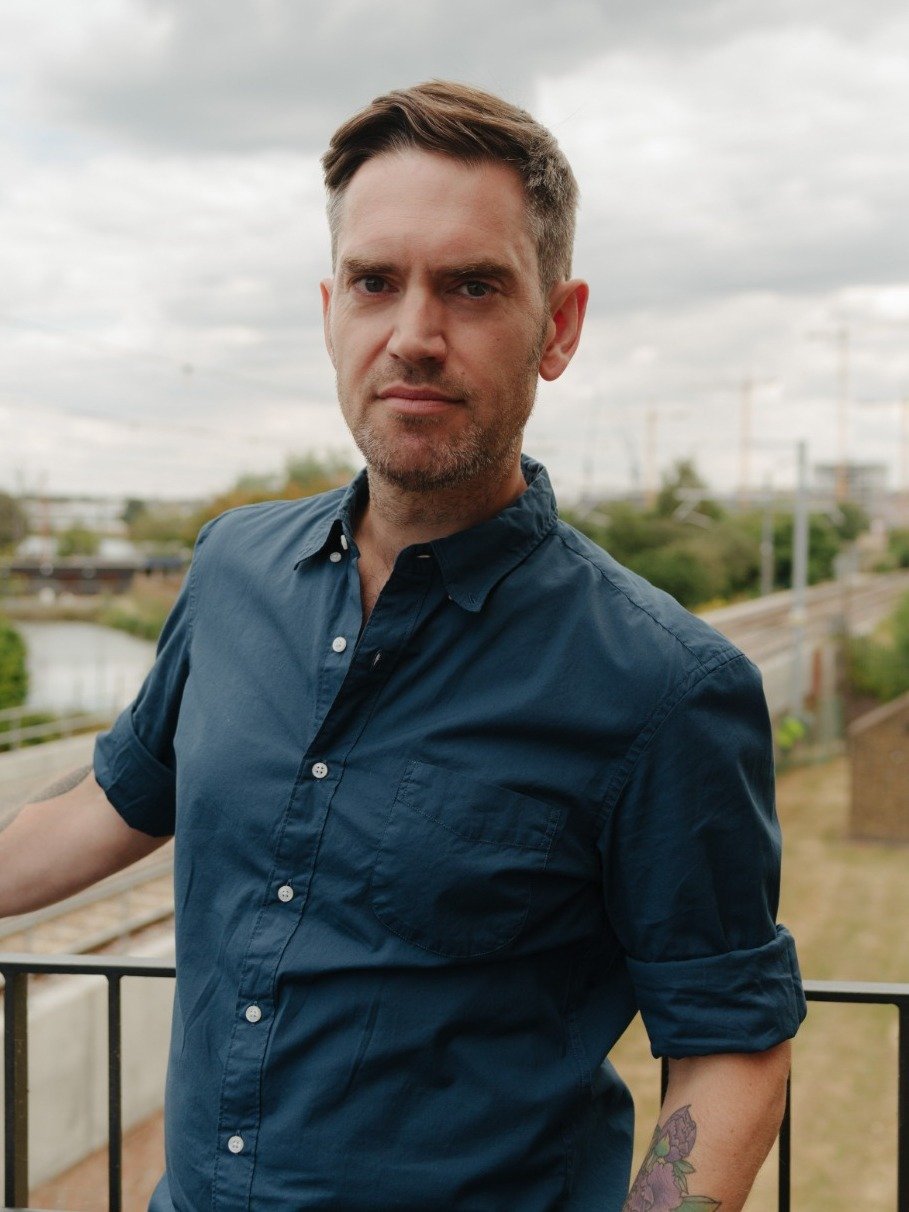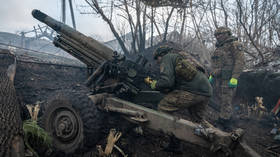Countries aren’t being ‘guided by science’ over Covid vaccines – they’re playing politics with their citizens’ lives
Countless European governments tell us that their Covid pandemic responses are strictly rational, but there’s no scientific reason for suspending the AstraZeneca jab or not approving Sputnik V. So what are their real reasons?
We’ve seen a lot of lecterns during the pandemic, usually with politicians standing at them, telling us one thing or another about this lockdown or that spike.
Alongside the politicians, often with their own lecterns, have been the scientists. Scientists don’t usually get this kind of prominence but they have to be there because, as the politicians keep telling us, their responses to the pandemic are being “guided by science.”
This, however, doesn’t seem to apply to vaccines – the biggest bit of science involved in the whole affair. When it comes to the jab, it feels a lot more political. Just look at what’s happened with AstraZeneca and Sputnik V.
Let’s take the big vaccine news story first.
Several countries, most notably EU members such as France and Germany, have suspended use of the AstraZeneca jab because of reports that some people have developed blood clots, including three reported deaths, after having it. Sounds sensible right? Not if you follow the science.
Quick FYI. This is not an article about whether you should or shouldn’t take a vaccine, nor a defence of AstraZeneca, ‘Big Pharma’ or the Russian state’s pharmaceutical prowess.
But the reality is, the vast majority of people are happy to take vaccines and think they are a generally good thing. And therefore they will be issued and people will take them and the consensus is that, in the case of Covid, they will slow its spread lessen its effects.
These are facts, so let’s work from them.
Back to the news. There is currently no evidence linking the AstraZeneca vaccine to increased blood clots. Correlation doesn’t equal causation. If your leg falls off after taking paracetamol, it doesn’t mean paracetamol makes your leg fall off. If you want an illustration of this, the trials for the AstraZeneca jab saw 24,000 people take part with 168 reporting serious side effects. Of the 168, more than half had been given a placebo.
More than 17 million people have had the AstraZeneca vaccine in the EU and UK with, as of March 8, 15 subsequent events of deep vein thrombosis (DVT) and 22 events of pulmonary embolism. This is below the number expected to naturally occur.
The International Society on Thrombosis and Haemostasis said that “the small number of reported thrombotic events relative to the millions of administered Covid-19 vaccinations does not suggest a direct link.”
Now let’s say there was a link. The numbers – scientifically speaking – are currently insignificant. All drugs have side effects, but if they severely affect one in half-a-million people, they don’t matter in the grand scheme. Brutal, but that’s science, kids.
Even the head of the European Medicines Agency (EMA) – the EU’s own regulator – has declared that the benefits of the vaccine outweigh any risks.
Of course, as with all drugs, these things should and will be monitored, but any government actually being guided by the science wouldn’t be pausing the use of the AstraZeneca vaccine.
Mind you, at least the AstraZeneca jab has been given a chance to be paused. Another vaccine, which is cheap, easily stored and proven to be effective, hasn’t even been approved by the EU, the UK or the US, among others. I’m talking, of course, about Sputnik V – aka The Russian Jab or Putin’s Prick.
Also on rt.com Spain investigating woman’s death two weeks after dose of AstraZeneca Covid-19 vaccineAfter months of shade being thrown at Sputnik V by Western politicians and press, esteemed British medical journal The Lancet gave it the scientific stamp of approval, causing the Washington Post to question if it has been “underestimated.” This muffled the criticism to an extent but, even though some EU countries have gone rogue and approved it, the bloc remains hesitant.
So, you’ve got people dying, cases rising again in some countries, and yet when the science says, “This is fine mate, jab away,” governments are denying their populations the chance to have two perfectly good vaccines.
Why? Well, there’s no scientific evidence for this opinion, but it whiffs of putting politics over people.
With Sputnik V, you have the small matter of today’s Cold War-lite vibes. There are sanctions in place between the EU and Russia, which were kept on by the UK when it Brexited the building. The US has its own sanctions, of course. The Ruskies are still convenient enemy number one.
“There’s no way in hell the US tries this on monkeys, let alone people,” a Trump administration official told CNN in August. Just stick to the bleach, eh?
If this was 1985, there’d be a film in which Sputnik V was part of a plot to poison Ronald Reagan. It would, of course, be foiled by a Rocky and Superman combo.
AstraZeneca, though, is a British-Dutch company that does a lot of business in the US and across Europe. Everyone’s friends. Or at least they were until the EU decided that AstraZeneca’s supply chain was favouring the UK.
Things got nasty, with the EU effectively threatening a hard border in Ireland, attempting to play hardball with AstraZeneca and people like Emmanuel Macron questioning the vaccine’s efficacy. This tune changed when EU countries decided that they did think it worked and started blocking exports. Now we’re listening to track three of the album: ‘Blood on the Vax’. (Apologies to Bob Dylan.)
Or possibly even the fourth. Today, Ursula von der Leyen, the European Commission president, said she would use emergency powers to grab “Europe’s fair share” of EU-made vaccines heading for the UK, including the AstraZeneca jab. France’s President Macron and Italy’s PM Mario Draghi have said they’ll restart “the administration of the AstraZeneca vaccine” when it’s given the “green light.”
Does that mean the green light from scientists or their parties? Because the former group has been like a set of traffic lights stuck on ‘GO’ throughout.
I don’t know about blood clots but I’ll be staggered if they’re not getting motion sickness from all this flip-flopping. And, of course, they’ll need to sell to their people a drug that they’ve publicly smeared.
Could this all be a case of revenge? AstraZeneca announced last week its aim to deliver 30 million doses to the EU by the end of March – a third of its contractual obligation. Data from the UK’s Medicines and Healthcare products Regulatory Agency (MHRA) suggests more people have reported blood clots after taking the German-US Pfizer-BioNTech vaccine but that isn’t being questioned.
Could it also be that these EU countries are indulging in a less-than-subtle piece of distraction from their individual and collective failings? The UK had ordered large batches of the AstraZeneca vaccine long before the EU did and approved it weeks before, thus stealing a march in a fast-moving situation. As of Tuesday, the UK had administered around 26.5 million vaccine doses. The EU’s best effort is Germany’s 9.9 million.
We’re all used to petty politics, of course. But by making decisions that are more lobby-based than lab-based, governments are sowing unnecessary doubt in people’s minds and placing their citizens at risk. Covid cases across the EU rose from 200 per million in mid-February to 270 per million last weekend. Removing a major vaccine supplier now is like removing a wheel from an ambulance that already has a dodgy clutch and hole in its exhaust, all because you don’t like the tyre-manufacturer.
In the words of an actual scientist, Dirk Brockmann of Germany’s Robert Koch Institute for Infectious Diseases, “In the risk groups, the risk of dying of Covid is much, much higher. That means one is probably 100,000 times more likely to die of Covid than because of an AstraZeneca vaccine.”
It seems that governments are all for following science, but only if it’s going in the right political direction.
Think your friends would be interested? Share this story!
The statements, views and opinions expressed in this column are solely those of the author and do not necessarily represent those of RT.


















